| | | Re <<oxygen tanks>>
It may well be that we are dealing w/ hype-d flu, weaponised bug, or CoVid-19 that none has a handle on.
Whatever the case, Hong Kong flu got cut down Message 32616398 and that is good.
We make the best of a bad situation. Kids should be able to write heck of a school essay when such required, “what i did during corona episode”. Helping people. Keep cheer. Family values. Quality time. Good times. Bad moments. Current events.
So far none except self had caught a flu bug in my extended household, and luckily I had my flu early in the season.
My in-laws are locked-down in Penang inside of their large residential complex of quiet marina, huge but now-unused free form pool, and in-complex food market remains in full operation.
My brothers in Beijing and Moscow are locked-down and making do w/ whatever they need as they need them, but taking walks making sure to stay well away from others. Standard protocol of masks kept to. Apparently the supermarkets sell semi-completed meals that they then cook at home.
Sister-in-law and her husband in Seattle has it working from home. She is a psych service provider and reports dealing with stressed out tech workers concerned about ends that might not meet. Am wondering what folks are spending money on if locked-down. Netflix doesn’t cost much.
Nephew’s business recovered in Shanghai, and niece enjoying home-work before the get-go in Silicon Valley so all good.
Brother-in-law in Berlin Taking advantage of social downtime, but all good-enough working from home.
The family grouping as a whole tends to be independent workers who can operate easily if not habitually from home.
My mom is in Hong Kong, wisely refused to come with us on our Cape Town adventure, but is obedient enough to move into our Hong Kong abode, working on whatever by her relocated computer, and supervising the two helpers on whatever they need to do to get my mails scanned and e-mailed to me, deliver whatever to the office for instances needing such, but otherwise all three self-restricted to daily walks in the quiet neighborhood, and have an okay time. I gave them access to my Apple TV and Netflix.
My wife, kids and I are actually the most adventuresome of the lot. We came to Cape Town taking advantage of school-out so that the Coconut can do good work, the Jack can experience up-close w/ wild animals. So, the Coconut did work in the township, and the Jack attended a girls’ school, and we did the safari, and now, happily, live zombie apocalypse life as a quality-time unit. As far as I am concerned, and I know politically incorrect to say, from my POV, the virus experience has been an important experience for the kids. Both rose to the occasion and took responsibility for distance-school work, helping around the too-big house, and keeping up w/ the hilarity of the situation.
Henceforth we, all of us on this thread, shall not likely forget 2020. We best acquire some commemorative red wine of 2020 vintage once available. We shall likely use phrase “before 2020” and “after 2020” often enough.
Onward to 2026 / 2032.
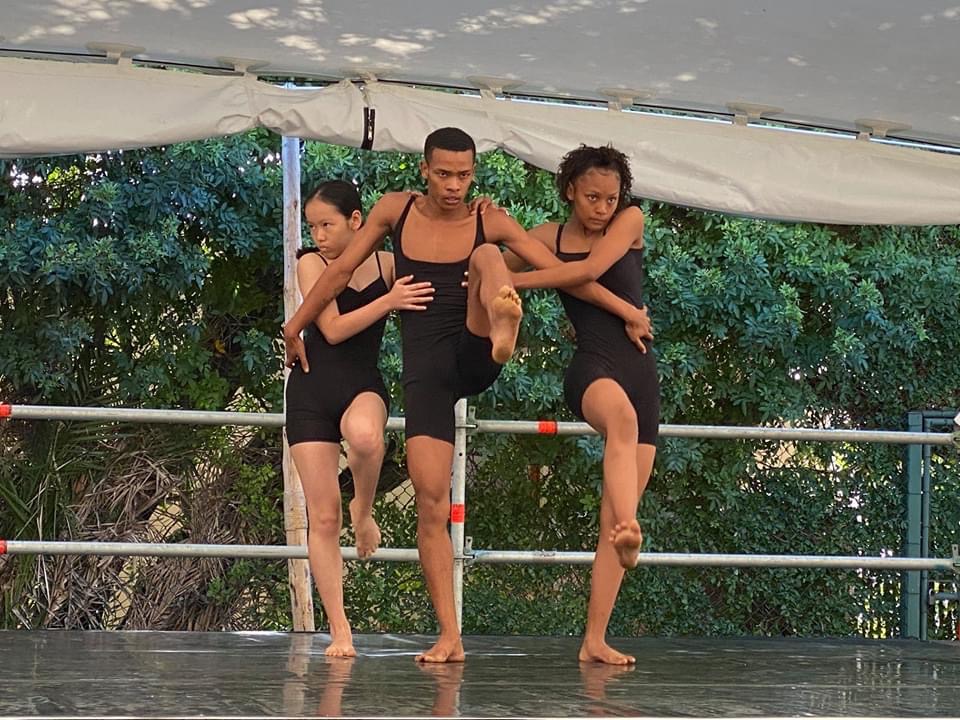
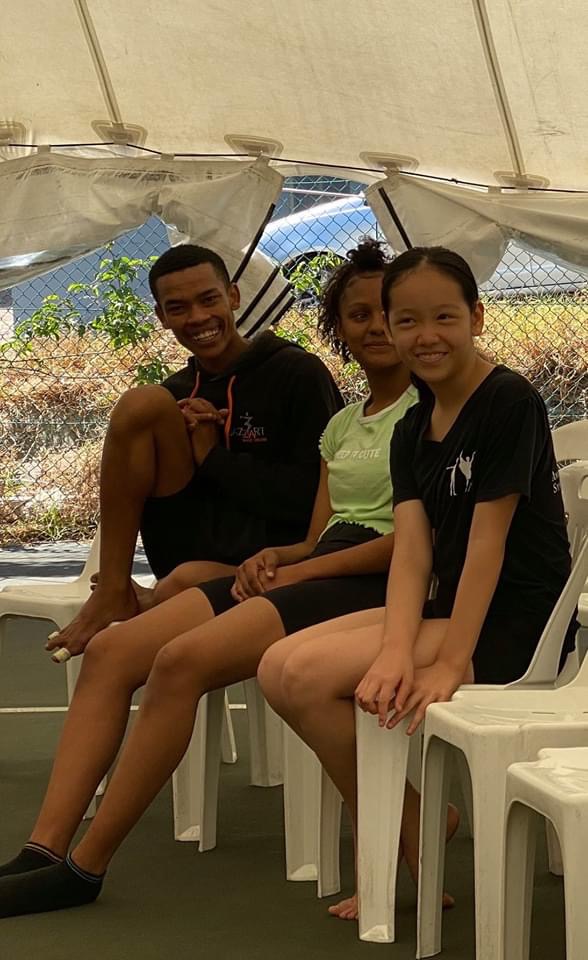
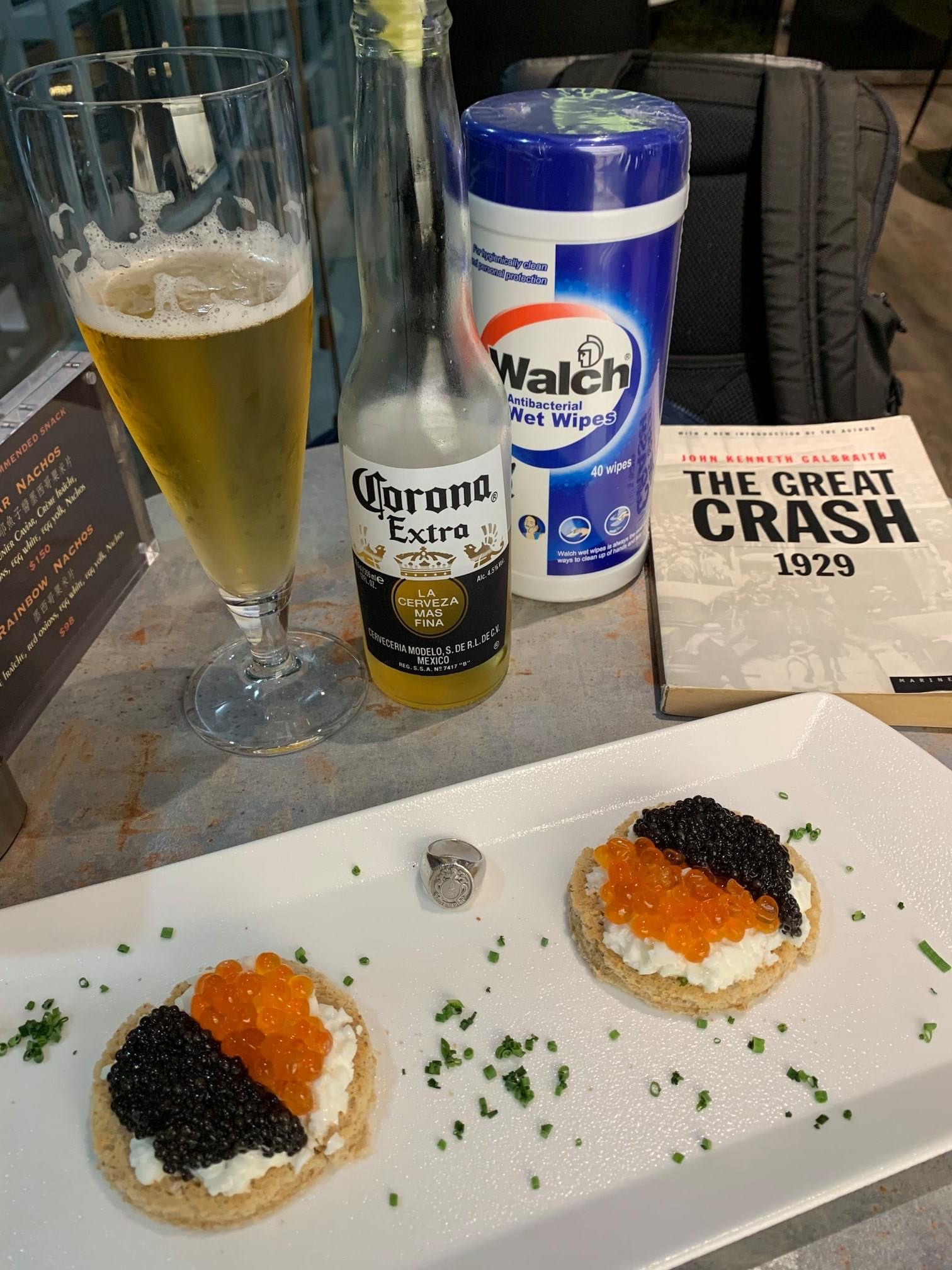
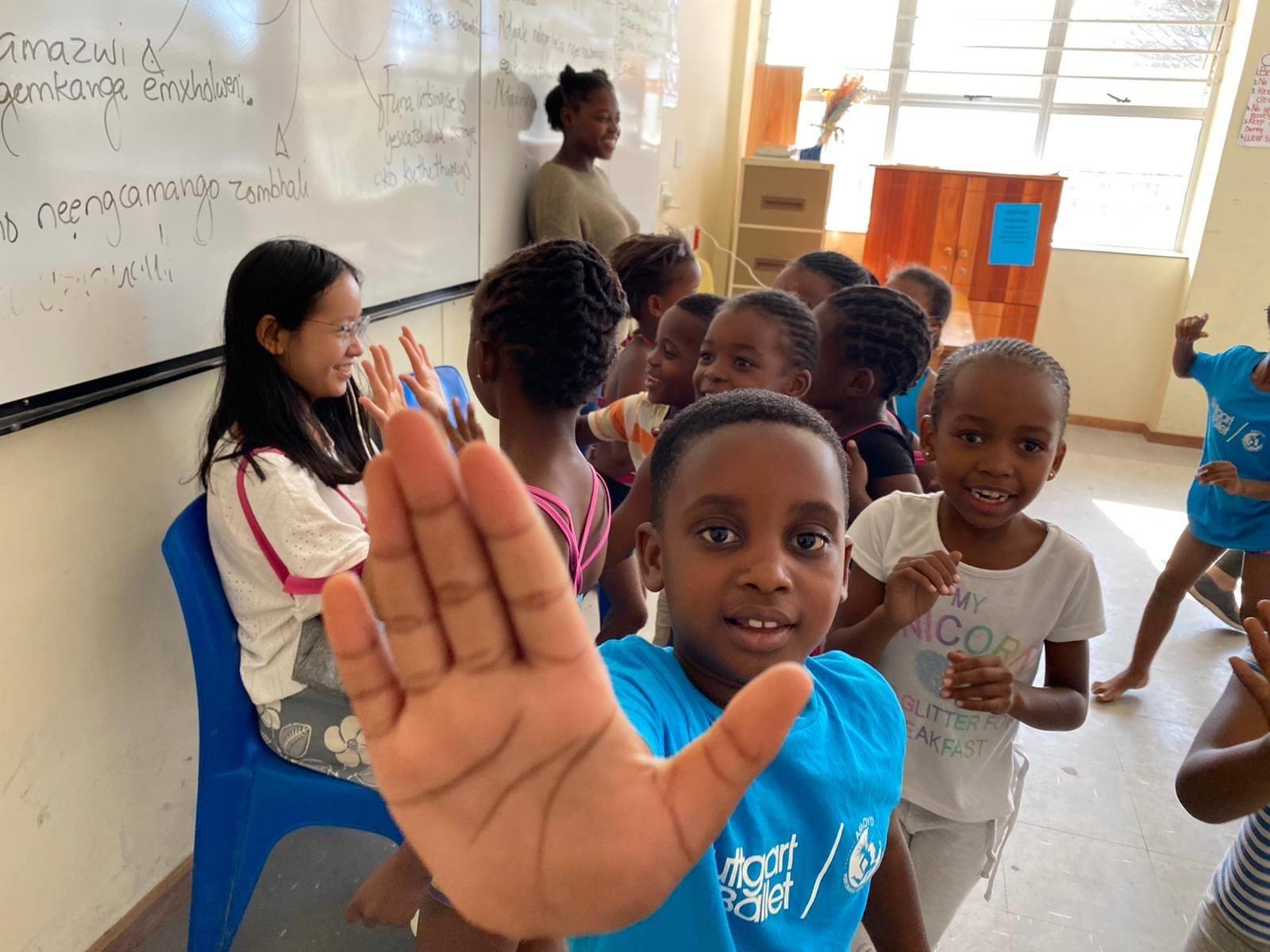
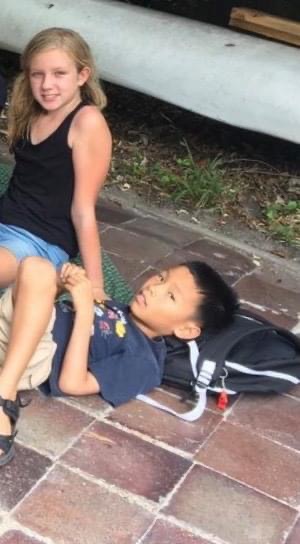
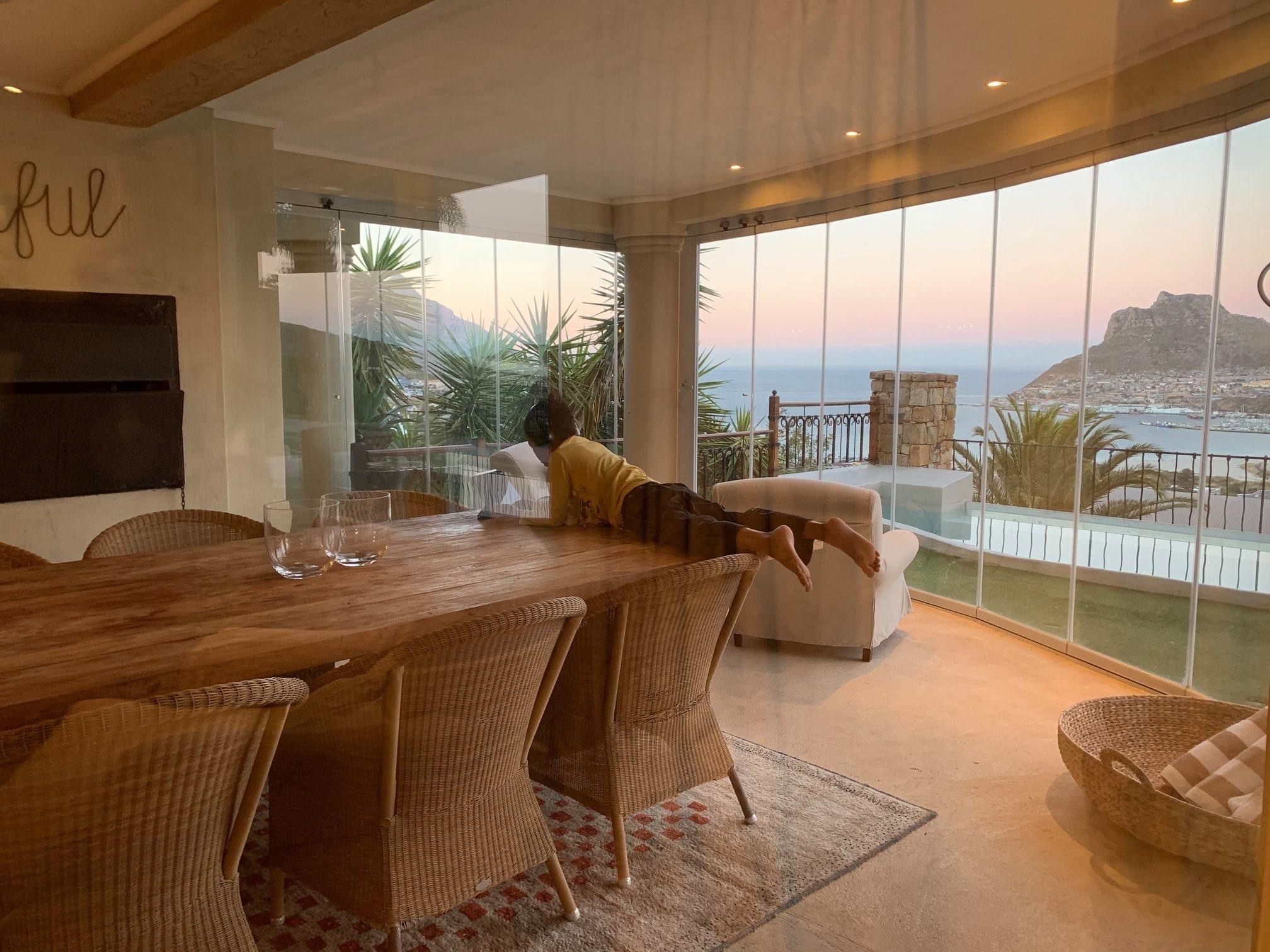
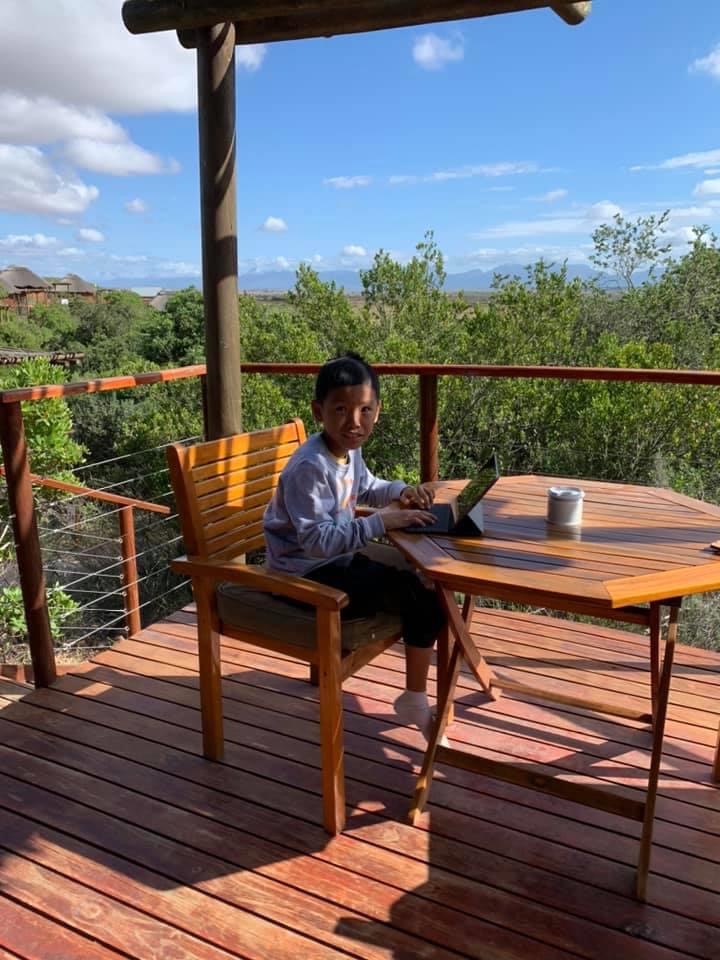
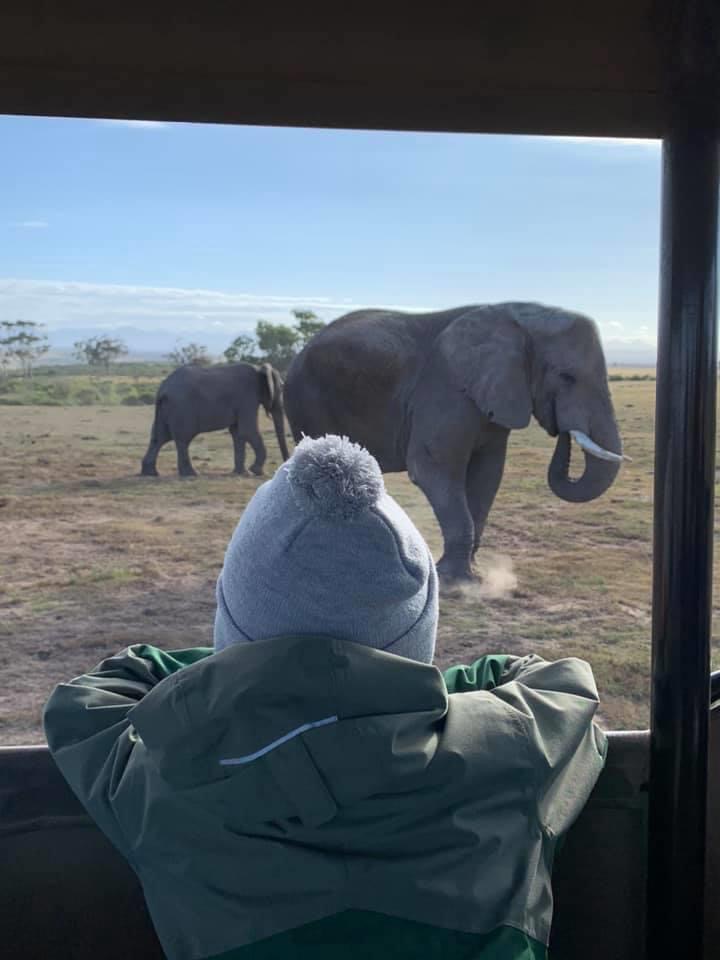
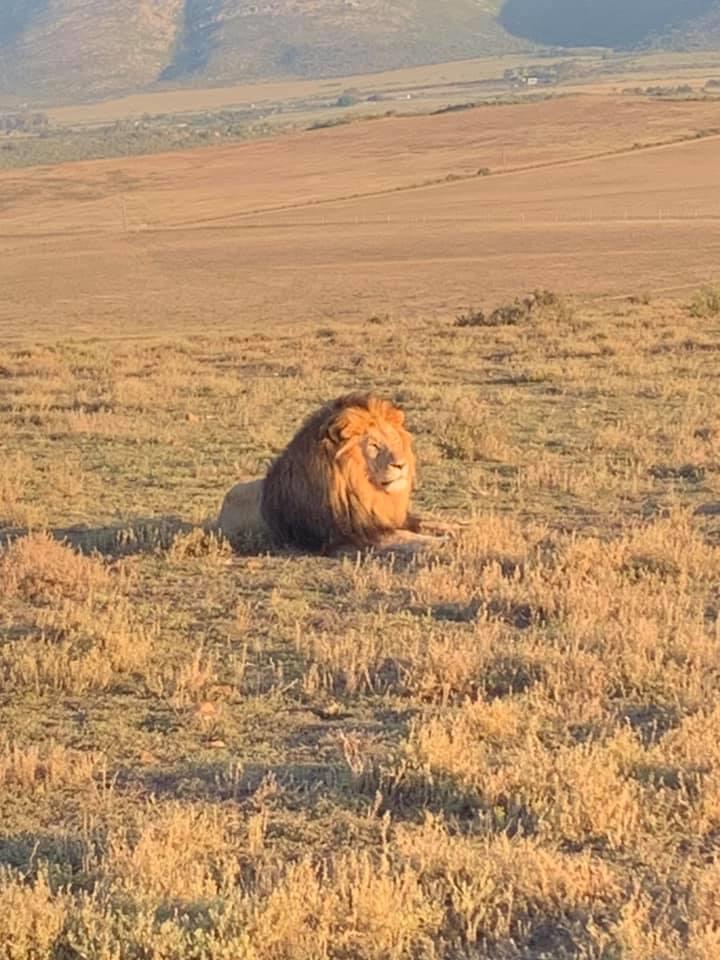
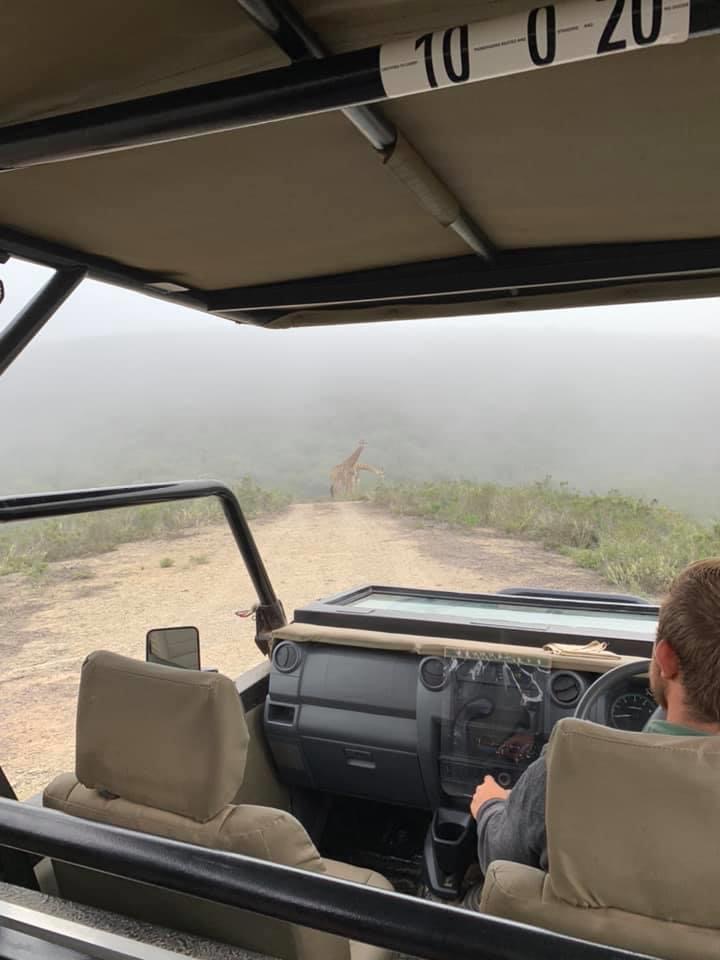
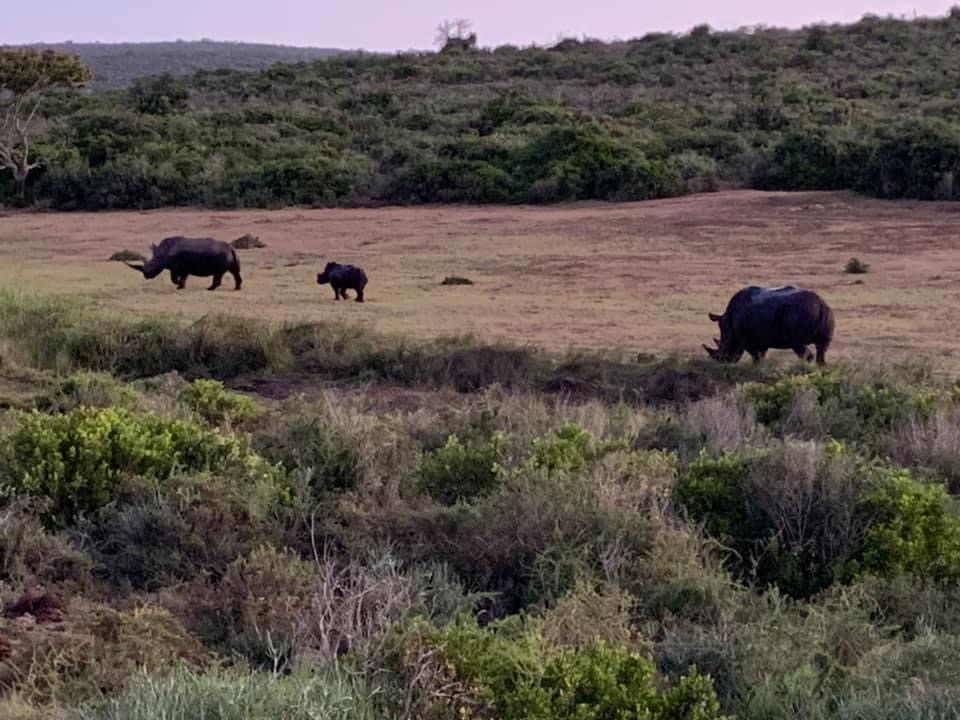

bloomberg.com
Leaving Hong Kong to Escape Coronavirus Didn’t Work
It turns out you can’t run from a global pandemic.
More stories by Shelly BanjoApril 1, 2020, 6:01 AM GMT+2

Commuters in masks sit in a minibus in the Central district of Hong Kong, Feb. 11.
Photographer: Paul Yeung/Bloomberg
LISTEN TO ARTICLE
In January my 16-month-old son uttered one of his first words: “mask.” We were living in Hong Kong, which had gone on de facto lockdown to limit the spread of the new coronavirus that had infected thousands in China. The whole city had covered their faces with blue surgical masks. Schools, offices, and playrooms were shut. We holed up in our tiny apartment, leaving only to get food. Tensions at home were rising. And then there was the guilt I felt.
My parents back home in the U.S. pleaded with me: What kind of parent forces their kid to suffer in this kind of isolation, risking a deadly disease, when there was the option to escape? Now was the time for my family to end our three-year stint abroad, my parents said, asking us to come back to the U.S., where my physician father assured me I’d be safer from the rapidly spreading virus and had access to “the best health-care system in the world.”
Turns out you can’t run from a global pandemic.
On Feb. 4 we boarded a flight to San Francisco, where we would connect to Dallas and stay with my parents. The thing that shocked me the most when we landed in the U.S. was that no one took our temperature or asked us any questions beyond whether we’d recently been to Wuhan, China, where the first cases of the coronavirus were found in late 2019. Instead, customs agents pulled us aside to search our bags because my toddler was carrying a half-eaten apple and it was against the law to bring fruit into the U.S.
When we got to Dallas, most of my friends in the U.S. said they weren’t worried about the coronavirus. One had never heard of it. Another told me it was in China and didn’t impact her, so she wasn’t really following the story. My father told me the hospital he worked with said they were monitoring the situation but hadn’t implemented any changes. There were zero cases in Dallas at the time and there was no need for panic, he said later. I urged him to stock up on masks and protective gear. Against derision from my parents who said it was unnecessary, I went to Walmart to buy toilet paper, soap, and other items that had been depleted in Hong Kong. Just in case.
“Why isn’t anyone taking this seriously?” I asked practically anyone who would listen. President Trump was telling the public the disease was no worse than the flu, and a Feb. 20 Gallup poll revealed 77% of Americans were confident in the U.S. government’s ability to handle a coronavirus outbreak. The World Health Organization was sounding the alarm but stopped short of calling the disease a global pandemic.
With months to prepare for a possible outbreak, would the U.S. just deal with the virus in a different way? Back in mid-February, I spoke about this with David Heymann, who headed the WHO’s communicable global response to the SARS outbreak in 2003, which had an especially devastating effect in Asia. At the time, Heymann was advising the WHO on Covid-19 and he said there was a lot of uncertainty about the virus and that he thought Western countries might be more reticent to follow China’s lead on quarantining. Because the U.S. population hadn’t lived through SARS, that kind of collective memory was missing.
By the beginning of March, global cases had reached 100,000 and two people had died in the U.S. Schools were closed in Hong Kong past Easter, and some universities there had canceled the school year altogether. Our tolerance for uncertainty hit an all-time low. My husband got a job offer with his company in New York and we decided we wouldn’t go back to Hong Kong after all. We’d fly to New York from Dallas in a couple of weeks, letting movers pack up our Hong Kong apartment without us. Although New York had just reported its first coronavirus case, with months to get ready for an outbreak, we reasoned that surely the city, and the rest of the U.S., would be prepared.

A pedestrian walks across an empty Madison Avenue in New York, March 30.
Photographer: Michael Nagle/Bloomberg
We were wrong. A few weeks later, as the U.S. death toll climbed, we prepped for our second lockdown. Dallas was among the many cities around the world that called for residents to shelter in place. Online, friends were making the same jokes about cabin fever and social distancing as we’d seen a month earlier. I felt angry with myself for deciding to leave Hong Kong permanently just as the city’s offices were starting to reopen and life at least seemed to be getting back to normal. (Hong Kong would later see a second wave of infections and implement restrictions again.)
I tried to maintain perspective. After all, we were still healthy and employed and had access to food and shelter, unlike millions of others. I tried to turn off my phone and spend more time playing basketball and building blocks with my son, who was thrilled to be with his grandparents. But I was getting increasingly mad at the Florida beachgoers on spring break who kept partying despite the state’s declaration of emergency. I was alarmed at the lack of test kits available to help track the virus’s spread in the U.S.
And then there was my immunosuppressed mother, who’d undergone a kidney transplant in 2016 and now refused to listen to me when I begged her to cancel dentist and hair appointments so as not to risk getting infected. When she refused, I angrily yelled at her as she walked out the door: “I don’t want you to die.” It wasn’t my finest moment.
My parents defend their position that we should come home. They say no one can predict the future and that there’s no way to know it’s a pandemic until it is too late. They still think we made the right decision.
It’s probably too early for grand takeaways during an outbreak that’s still unfolding. But I do think the uncertain global response to the pandemic points to tough questions about the borders humans put up around themselves, as well as the tendency to ignore serious problems as long as they seem to be happening on the other side of those borders.

Medical staff perform coronavirus tests at a drive-through site in Dallas, Texas, March 21.
Photographer: Dan Tian/Xinhua via Getty Images
As a business reporter, I speak to a lot of people who take it for granted that the world is tightly connected and that we’ll have to learn to navigate this. “When something happens far away from us, it’s difficult to relate and have empathy, and the greater that distance, the harder the gap to fill,” says Danielle Strachman, a venture capitalist who co-founded the 1517 Fund. She makes early-stage seed investments in untried entrepreneurs, making it her job to try to anticipate future trends around the globe. “Maybe this health outbreak will be a wake-up call that we are way more interconnected than we are able to grasp, and that we have to start paying attention to what’s going on globally or keep making these fatal mistakes.”
But that’s not the only lesson people are taking away. Some, including Senator Marco Rubio, the Florida Republican, are using the pandemic to argue for more self-sufficiency in the U.S., making the point that a rich country like America shouldn’t be stuck relying on any other country for essential goods such as pharmaceutical drugs and medical supplies. It’s a valid concern that should be addressed. But what about the poorer, developing countries that might not have our resources? Diseases don’t carry passports. And Covid-19, or another infectious disease, could easily find its way back to the wealthy world to reinfect the population all over again. A similar case could be made for how we confront equally threatening issues like climate change—some problems can’t be solved by any one country alone.
It’s something to think about while we’re all stuck in temporary isolation. It’s certainly something I’ll consider next time I try to run away from a global pandemic.
Read more: China’s Divorce Spike Is a Warning to Rest of Locked-Down World
Sent from my iPad |
|



















